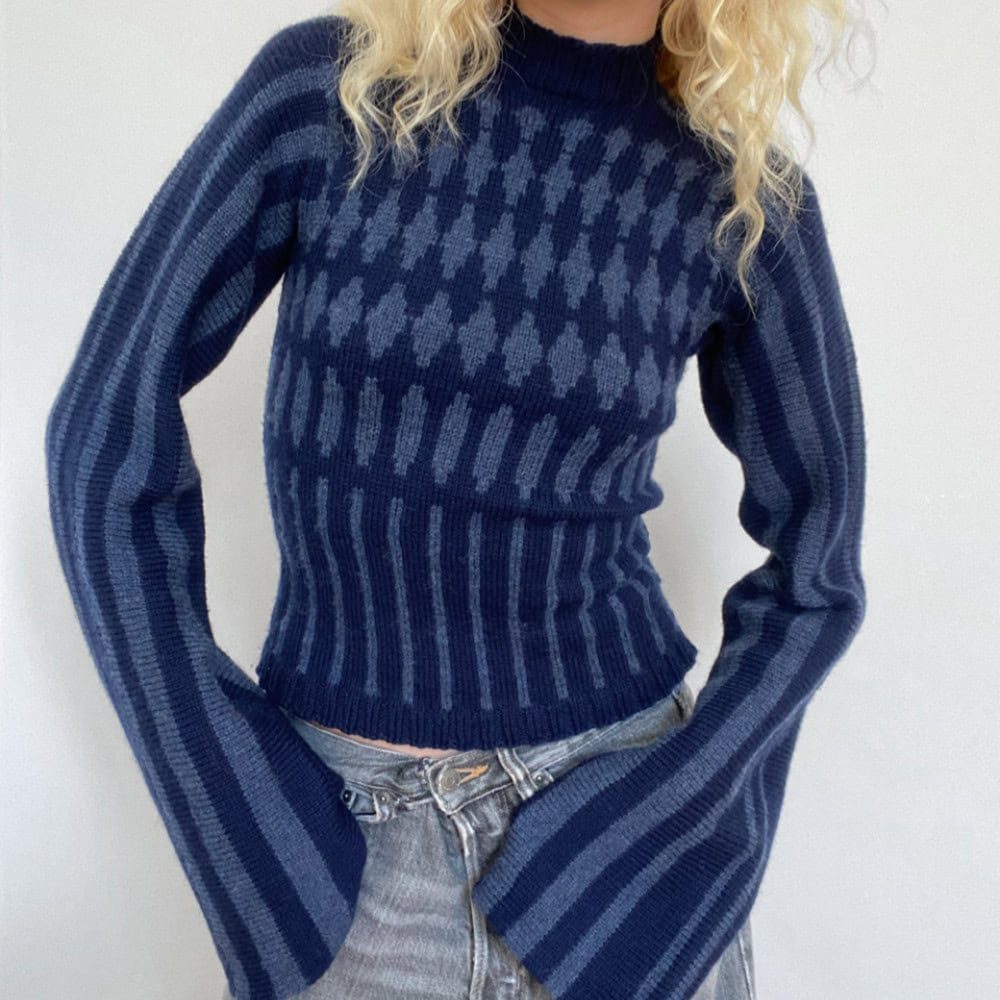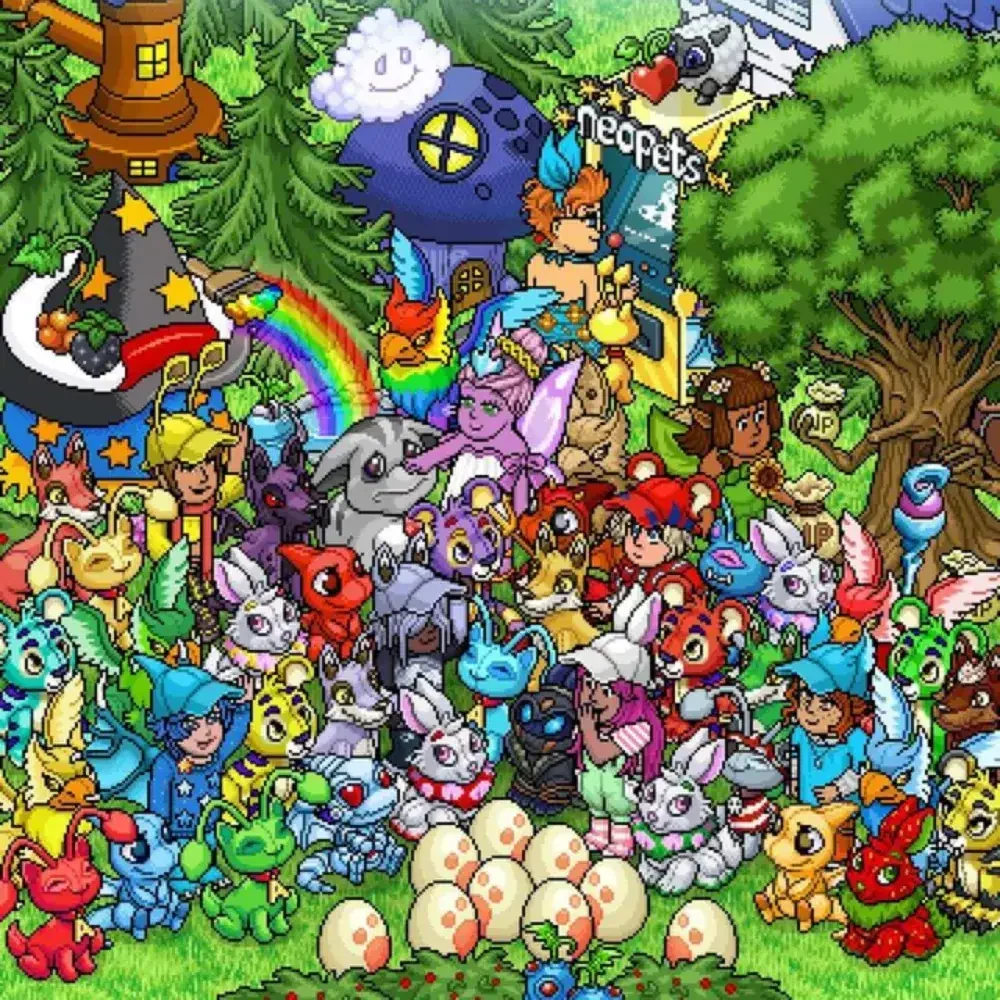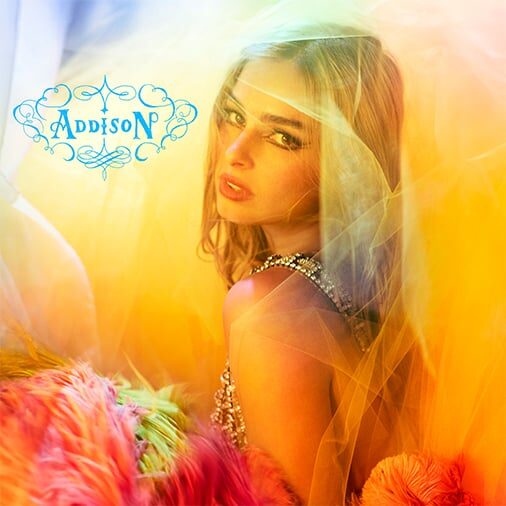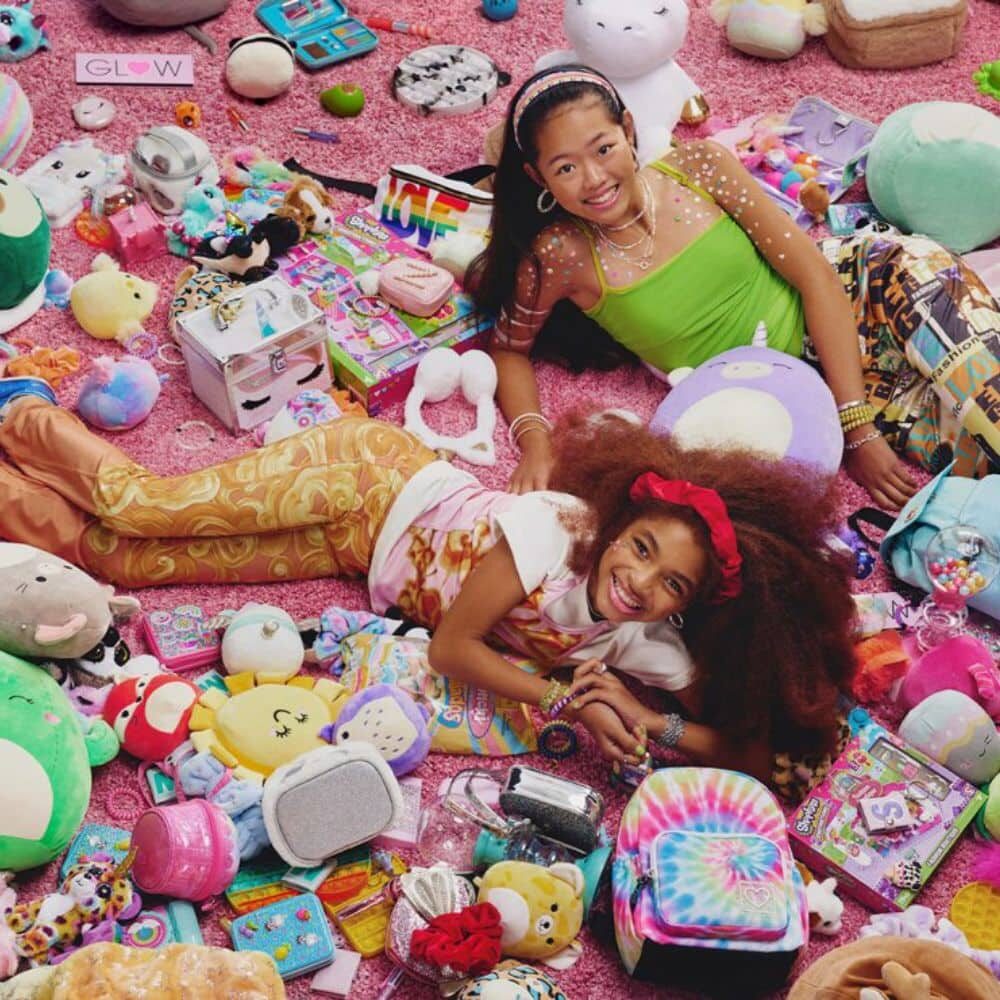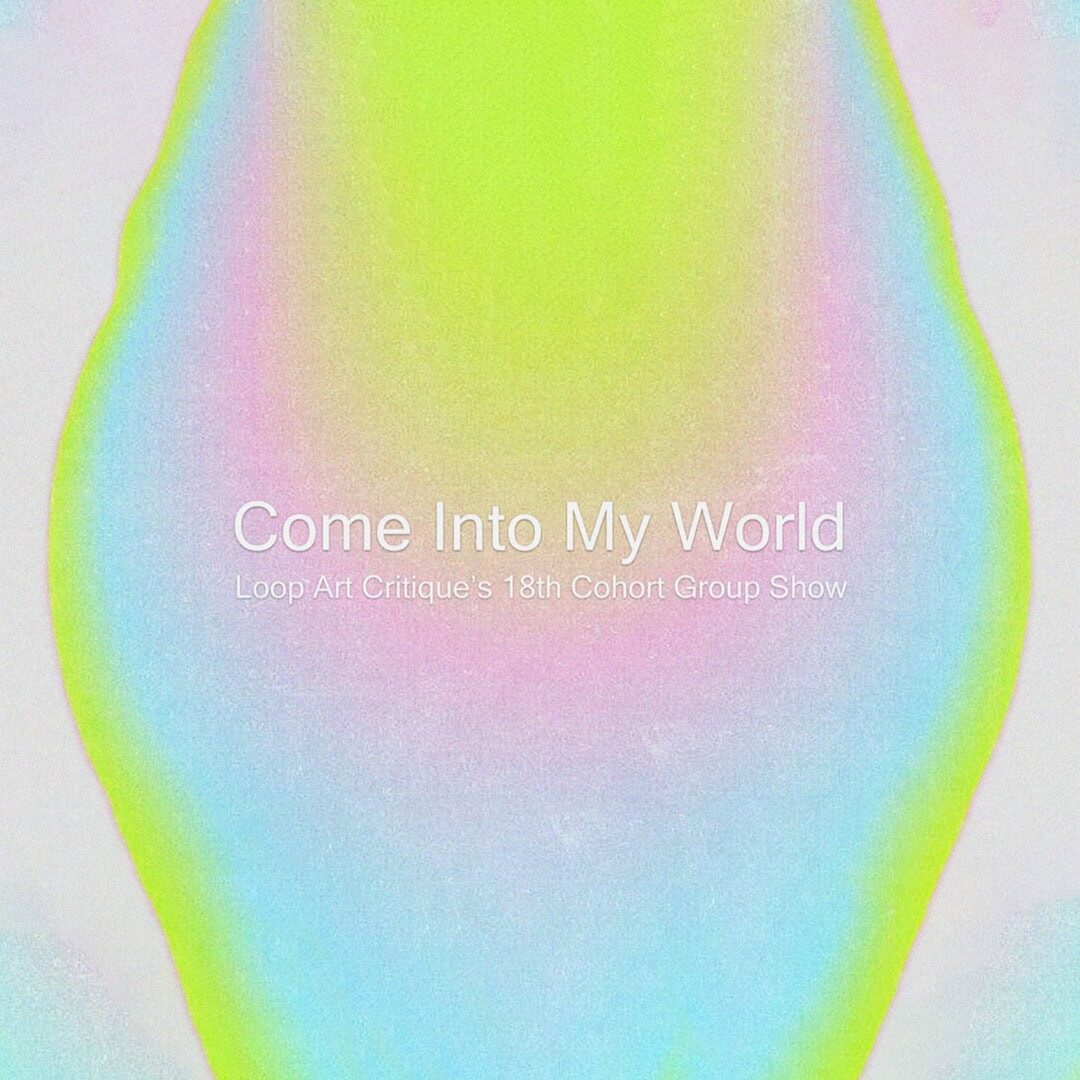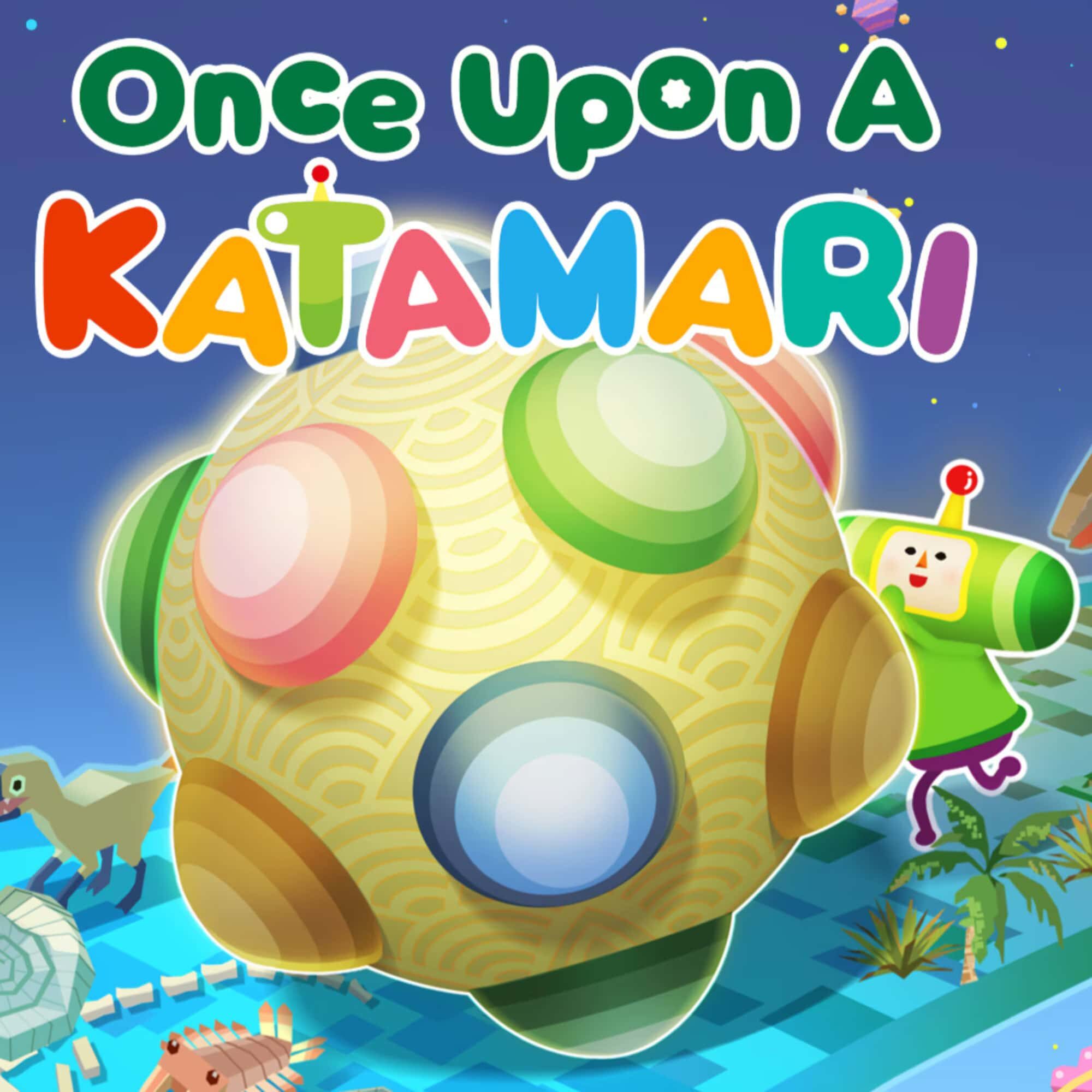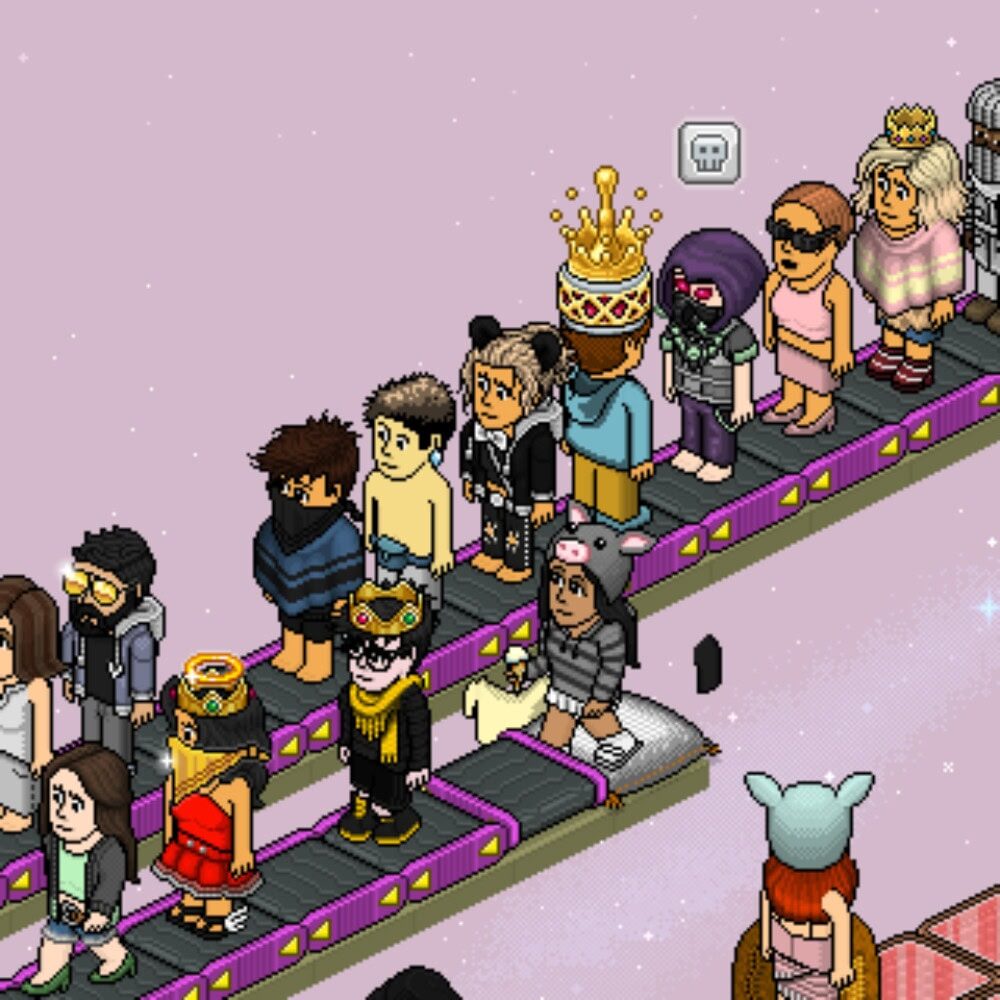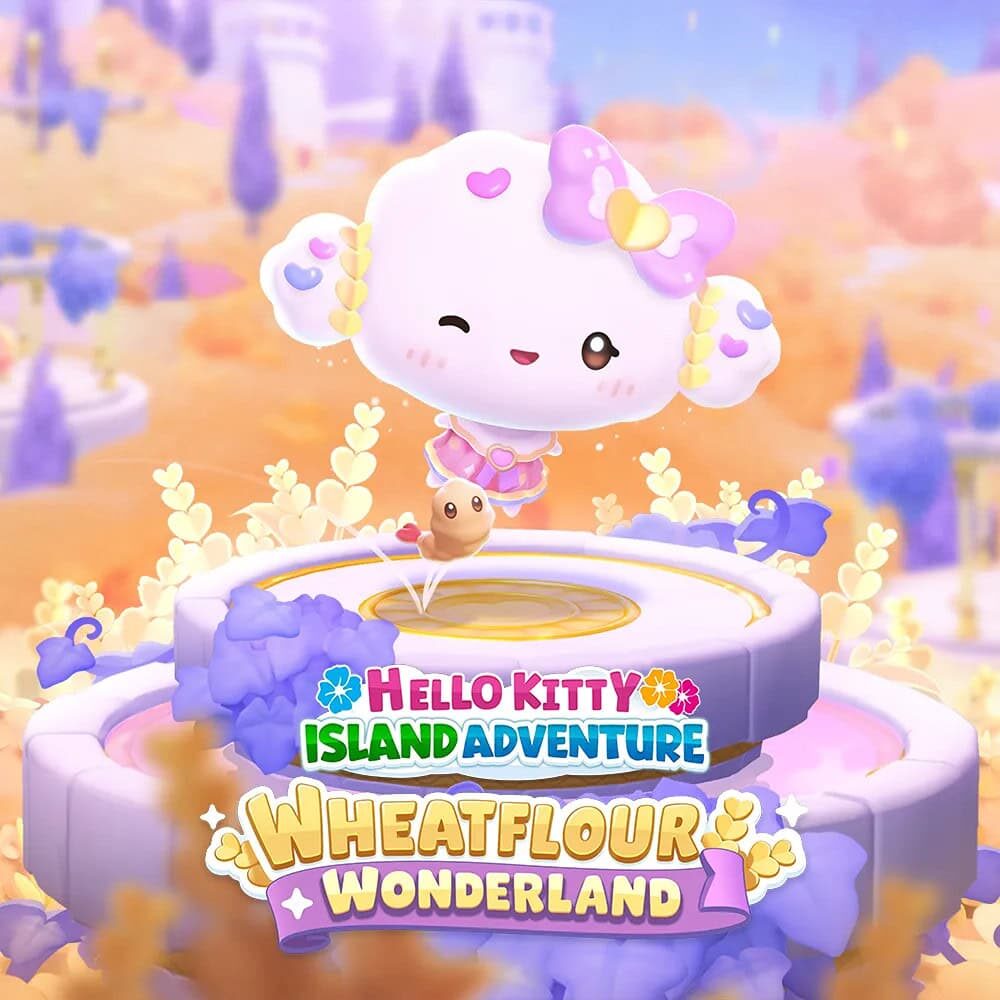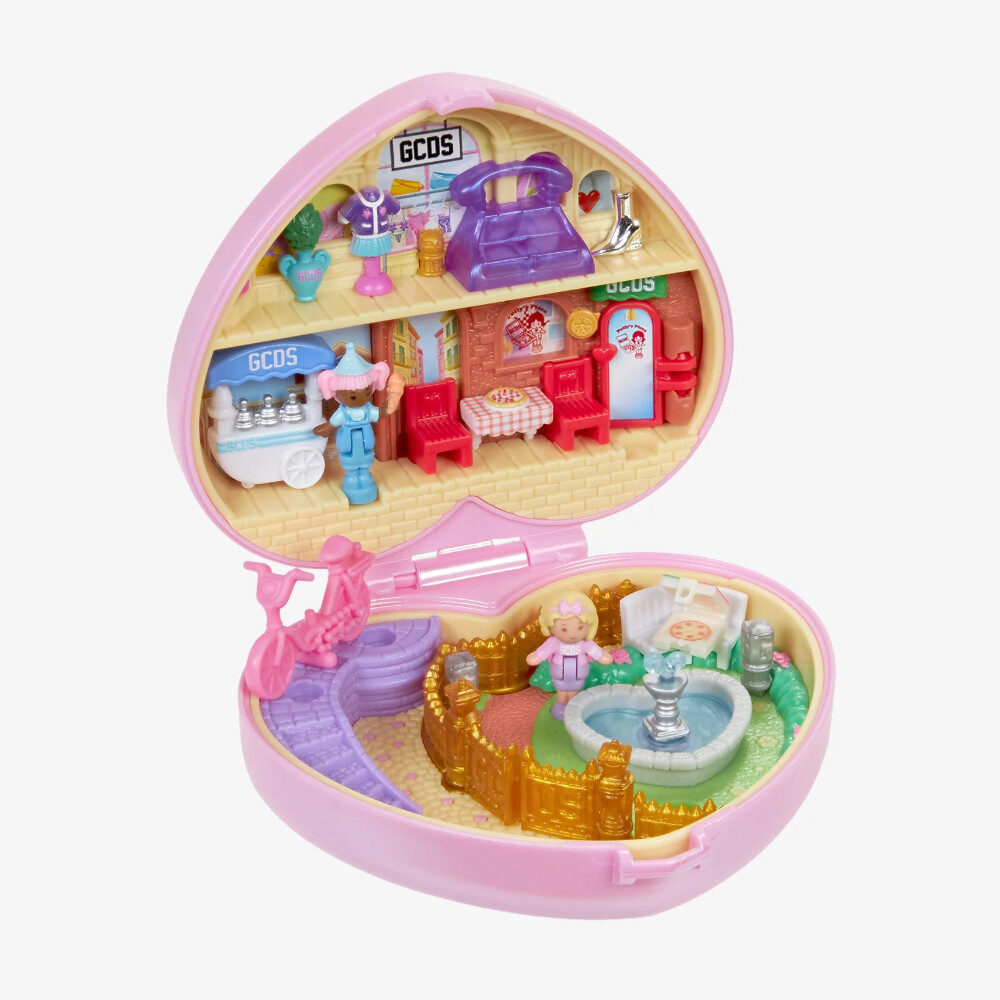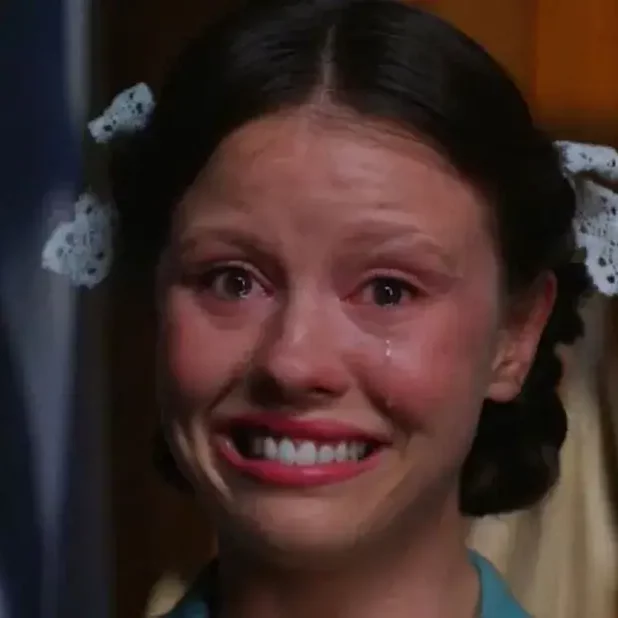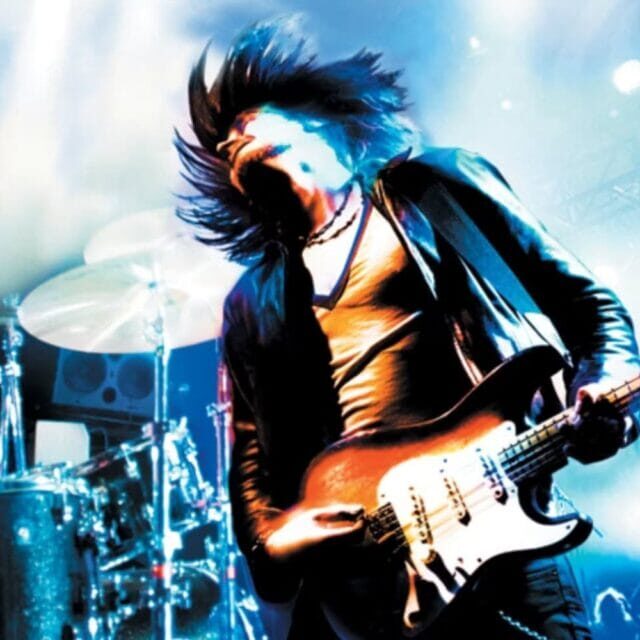
Rock Band: The Game That Defined Your Music Taste Without You Realising It
The Unsung Influence of Rock Band and Guitar Hero on Modern Emo and Music Culture Written by Kayla Moreno Y2K and its subcultures have been seeing a massive resurgence over the past several years. It’s known that when people crave a sense of comfort, nostalgia waves often bring them peace. Things that are reminiscent of simpler times, such as favourite childhood media, come rushing in like waves of colour dripping down an iPod ad. However; it’s all too easy to forget where these influences came from, even as they often shape our tastes as adults. Picture it: the year is…
TEXT
The Unsung Influence of Rock Band and Guitar Hero on Modern Emo and Music Culture
Written by Kayla Moreno
Y2K and its subcultures have been seeing a massive resurgence over the past several years. It’s known that when people crave a sense of comfort, nostalgia waves often bring them peace. Things that are reminiscent of simpler times, such as favourite childhood media, come rushing in like waves of colour dripping down an iPod ad. However; it’s all too easy to forget where these influences came from, even as they often shape our tastes as adults. Picture it: the year is 2010, and you’ve forced your parents into a GameStop store where a bored, minimum wage employee guides you to a game called Rock Band. You play it at your friend’s house, and there is a song by a group called The All-American Rejects in the game library that you just can’t get out of your head. So, your parents dish out a couple hundred–and a star is born!
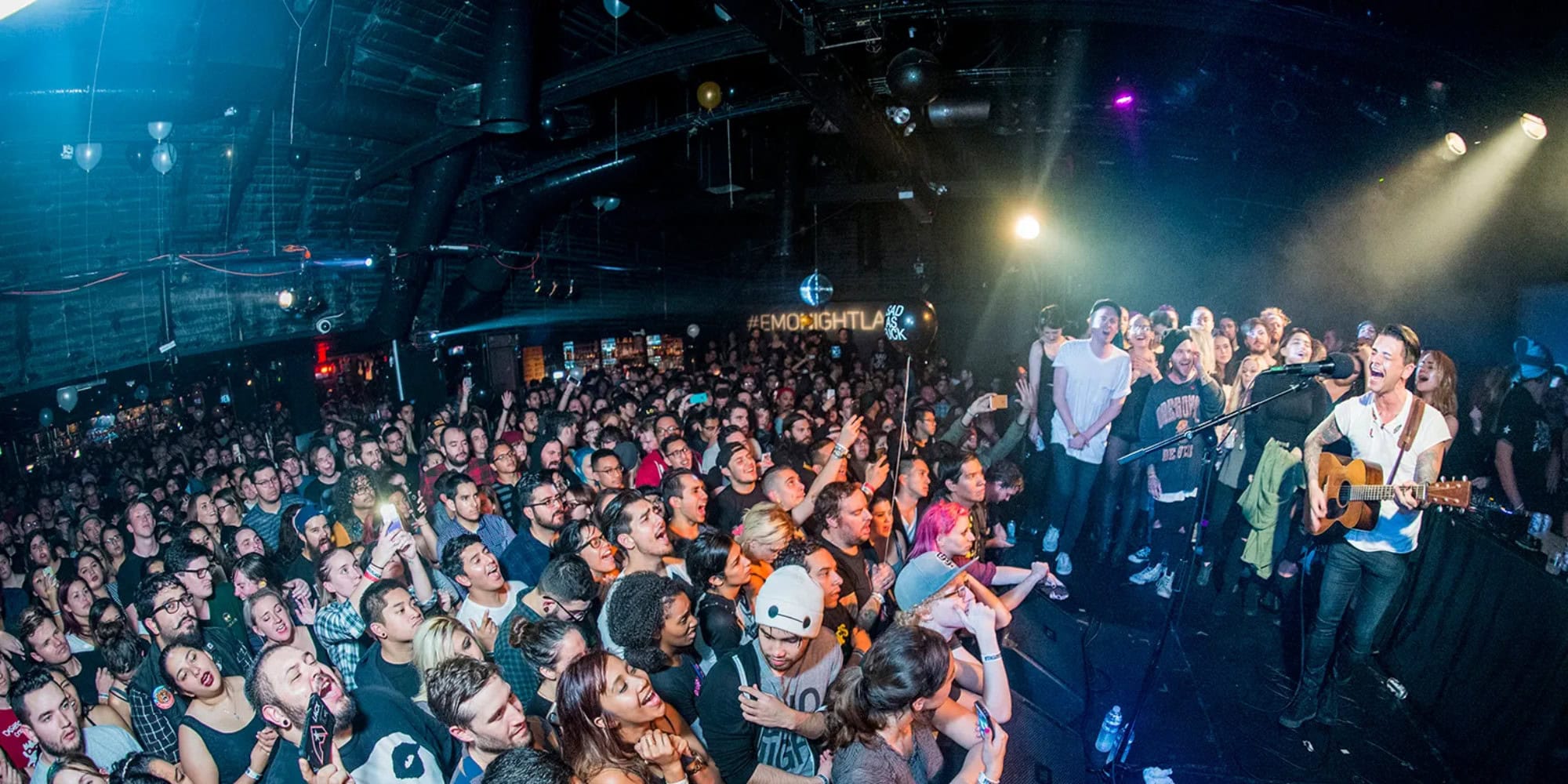
Of course, the chicken (Guitar Hero) came before the egg (Rock Band) in this instance. Guitar Hero’s cultural impact has made a mega boom since its initial 2005 release. Multiple editions, versions, and updates have come out, ushering in millions of new fans globally. However, Rock Band acted as its rebellious younger sibling, stepping out onto the scene as a rival made completely out of competitors’ spite. Many argue that Rock Band is the ugly duckling, a knock-off of something that created a cultural boom–but, those would be false assertions, as Rock Band is its own beast entirely.
The two games achieve a similar goal by utilising vastly different musical libraries. Guitar Hero’s wide, diverse library of mega hits was certainly explorative; however, Rock Band’s felt more honed in with artists like Panic! At The Disco, The Strokes, and even Weezer adorning each level. Players who didn’t know any songs in the game’s library would look them up on YouTube. Later learning more about emo, indie, and scene subculture through Windows Movie Maker lyric videos in an ironic Comic Sans font.
Players have the chance to explore themselves through performance from the moment they boot up their console of choice (hello, pink DS Lite!). Songs that resonated deeply would make their way onto iPods, Zunes, or illegal LimeWire downloads. But, the real influence blossomed when friends gathered to perform with each other. Someone takes guitar, the shy friend hops on lead vocals, and another girl discovers she’s a banging drummer – the niche library within Rock Band created niche performers.
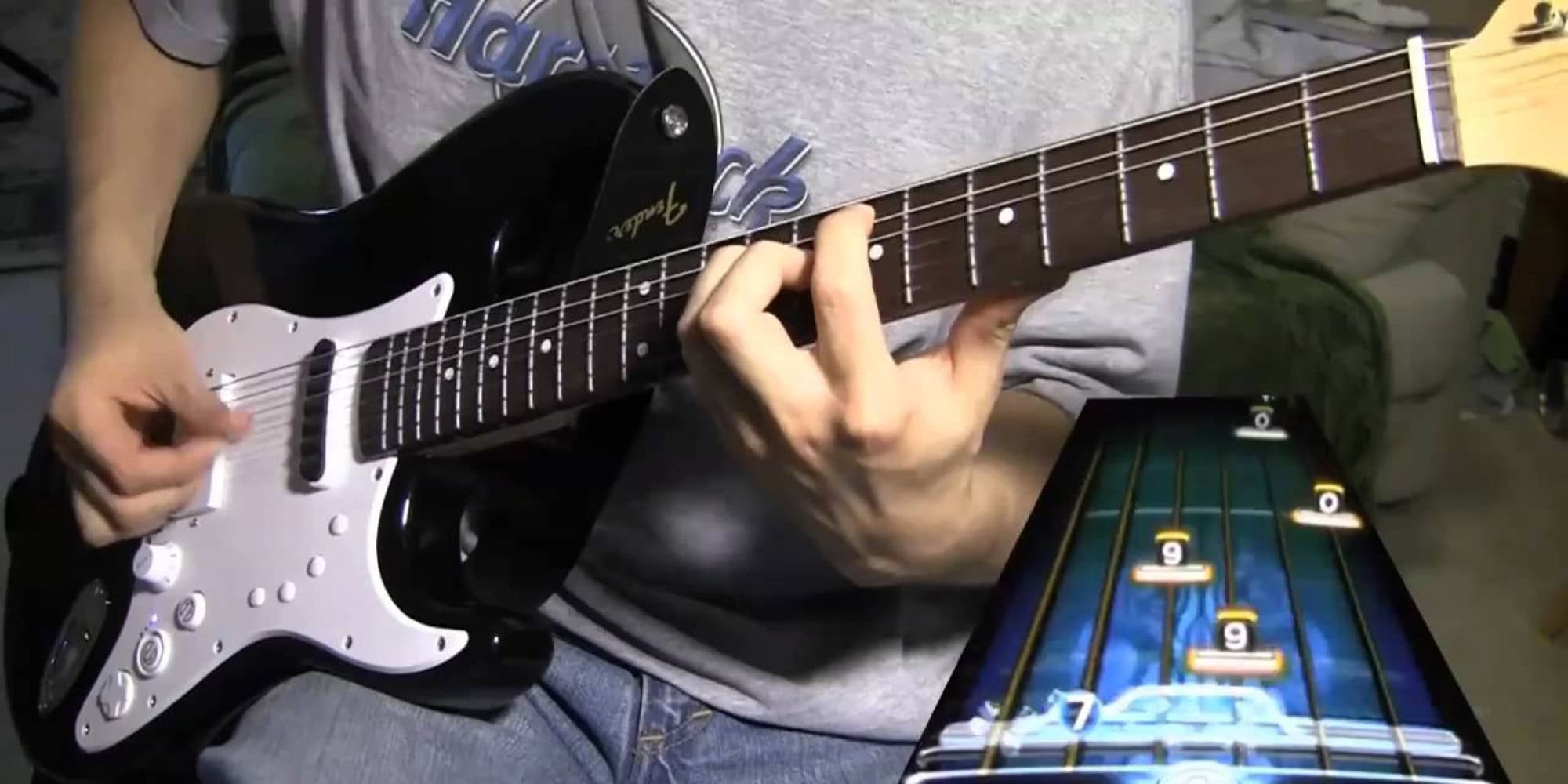
___STEADY_PAYWALL___
Guitar Hero certainly birthed generations of guitar heroes, too. Many people have reported their first time picking up a guitar was when they tried out Guitar Hero at a Dave & Busters or basement Halloween party. However, Rock Band has a more pointed variety of songs to choose from and far more instruments to play with. After all, the name ‘Rock Band’ suggests a more comprehensive gameplay that encourages the formation of rock bands. Guitar Hero is a bit more limited in its scope. Over on SoEmo’s forum even argue that Guitar Hero’s library is more ‘timeless’, insinuating that Rock Band’s pointed selection wears down over time due to its focus on emo rock.
This argument presumptively suggests that many could not have foreseen the current emo renaissance rising up to this degree, especially not so shortly after the initial movement made waves across shared family computers globally in the aughts. Rock Band continues to stick to this initiative, too, with their ‘New Music Tuesday’ drops. There are over 3,000 songs in Rock Band’s current library, with the inclusion of modern emo heavy hitters like Mom Jeans allowing newer bands to earn fans through gameplay screens, too, further promoting the expansion of emo culture throughout generations.
It’s not necessarily that Rock Band is ‘better’ than Guitar Hero; that’s a completely separate argument that can be saved for debates in your group chats. Rock Band is directly responsible for teens and 20-somethings’ unwavering interest in the emo subculture. No, but seriously, imagine it…the first time you feel free to perform as yourself might have been singing “Dead On Arrival” by Fall Out Boy while your friend listens to the song, finally, after persistent begging, because she’s killing it on the drums.
Rachel Johnson, one of Fall Out Boy’s current merch designers, stated that even she, “started playing electric bass because of Rock Band.”
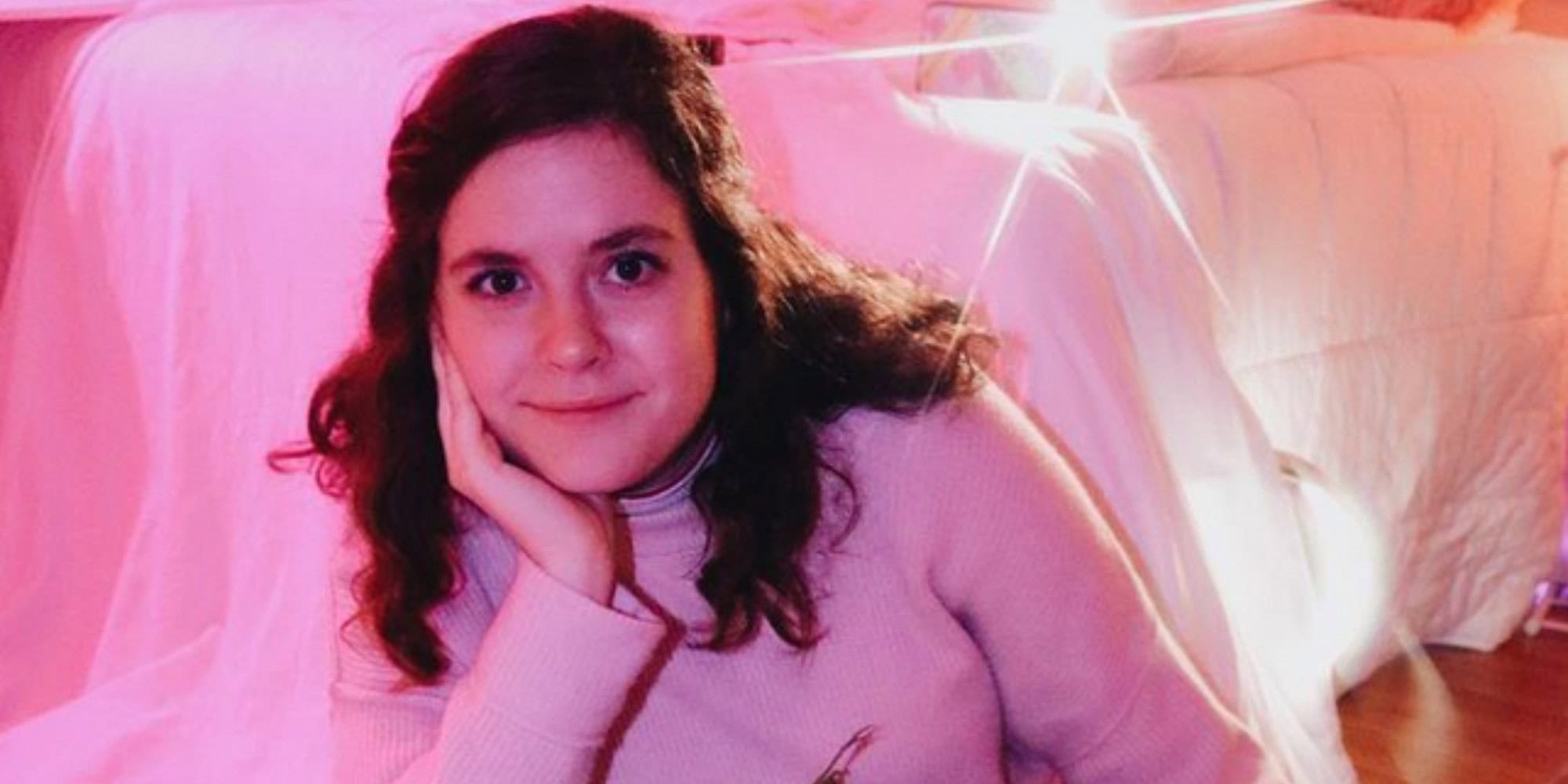
Yet – somehow – you forgot about the game that started it all; just about 15 years later. Except, you didn’t forget it, because you’re on your way to an Emo Nite party since these songs have defined your playlists inexplicably ever since. You can’t quite put your finger on it, but this music has always been following you around. It started off with one song inspiring you to swing by GameStop on a random evening; and suddenly you’re immersed into a subculture that feels like home. As you’re applying jet black winged cat eyeliner, a familiar melody plays on your Bluetooth speaker from the pregame playlist and you instantly remember how everything began the time you received Rock Band – and became obsessed with it.
Emo Nite, in itself, is a different conundrum. Still, many attendees report that they ended up at the event because of a song they heard once when they played Rock Band.
There’s a lot of talk about ‘recession pop’ and its current position at the forefront of the media. Certainly, the pop girls are looking far more 2007 these days, but there is also an air of ‘recession pop-punk’ circulating again that should be discussed, too.
You’re so Julia– but before that: you were so Wentz, Way, Ross, Beckett, or Saporta!
The lifestyles of these rockstars and heartthrobs established multiple generations’ closets, playlists, and dreams. If you didn’t want to be them: you wanted to be one of their girlfriends, emulating their style to the best of your ability. Even if that meant trading in Hot Cash to live out your fantasies – behind your parents’ backs, of course.

If not for Rock Band, many would have never had the chance to even consider performing or listening to this genre of music. From there, a great loss of self-expression would have been had. Many establish their sense of fashion based on the music they listen to, especially within modern and classic emo scenes.
Perhaps the most impressive contribution Rock Band made to society is its silent, subliminal impact on revitalising an entire subculture by curating expressive performers who are not afraid to be themselves. It’s like being Gen Z with a Millennial older sister. You want to emulate everything she does in your own way – in an even better way sometimes.
Music games are so beyond impactful on people, and they are not typically granted enough credit. They inspire people to listen to music, connect with their friends and pick up an instrument for the first time. That’s pretty cool in itself; hopefully, music games can continue to preserve media by presenting songs to new generations who may have missed them otherwise.
The Unsung Influence of Rock Band and Guitar Hero on Modern Emo and Music Culture
Written by Kayla Moreno
Y2K and its subcultures have been seeing a massive resurgence over the past several years. It’s known that when people crave a sense of comfort, nostalgia waves often bring them peace. Things that are reminiscent of simpler times, such as favourite childhood media, come rushing in like waves of colour dripping down an iPod ad. However; it’s all too easy to forget where these influences came from, even as they often shape our tastes as adults. Picture it: the year is 2010, and you’ve forced your parents into a GameStop store where a bored, minimum wage employee guides you to a game called Rock Band. You play it at your friend’s house, and there is a song by a group called The All-American Rejects in the game library that you just can’t get out of your head. So, your parents dish out a couple hundred–and a star is born!

Of course, the chicken (Guitar Hero) came before the egg (Rock Band) in this instance. Guitar Hero’s cultural impact has made a mega boom since its initial 2005 release. Multiple editions, versions, and updates have come out, ushering in millions of new fans globally. However, Rock Band acted as its rebellious younger sibling, stepping out onto the scene as a rival made completely out of competitors’ spite. Many argue that Rock Band is the ugly duckling, a knock-off of something that created a cultural boom–but, those would be false assertions, as Rock Band is its own beast entirely.
The two games achieve a similar goal by utilising vastly different musical libraries. Guitar Hero’s wide, diverse library of mega hits was certainly explorative; however, Rock Band’s felt more honed in with artists like Panic! At The Disco, The Strokes, and even Weezer adorning each level. Players who didn’t know any songs in the game’s library would look them up on YouTube. Later learning more about emo, indie, and scene subculture through Windows Movie Maker lyric videos in an ironic Comic Sans font.
Players have the chance to explore themselves through performance from the moment they boot up their console of choice (hello, pink DS Lite!). Songs that resonated deeply would make their way onto iPods, Zunes, or illegal LimeWire downloads. But, the real influence blossomed when friends gathered to perform with each other. Someone takes guitar, the shy friend hops on lead vocals, and another girl discovers she’s a banging drummer – the niche library within Rock Band created niche performers.

___STEADY_PAYWALL___
Guitar Hero certainly birthed generations of guitar heroes, too. Many people have reported their first time picking up a guitar was when they tried out Guitar Hero at a Dave & Busters or basement Halloween party. However, Rock Band has a more pointed variety of songs to choose from and far more instruments to play with. After all, the name ‘Rock Band’ suggests a more comprehensive gameplay that encourages the formation of rock bands. Guitar Hero is a bit more limited in its scope. Over on SoEmo’s forum even argue that Guitar Hero’s library is more ‘timeless’, insinuating that Rock Band’s pointed selection wears down over time due to its focus on emo rock.
This argument presumptively suggests that many could not have foreseen the current emo renaissance rising up to this degree, especially not so shortly after the initial movement made waves across shared family computers globally in the aughts. Rock Band continues to stick to this initiative, too, with their ‘New Music Tuesday’ drops. There are over 3,000 songs in Rock Band’s current library, with the inclusion of modern emo heavy hitters like Mom Jeans allowing newer bands to earn fans through gameplay screens, too, further promoting the expansion of emo culture throughout generations.
It’s not necessarily that Rock Band is ‘better’ than Guitar Hero; that’s a completely separate argument that can be saved for debates in your group chats. Rock Band is directly responsible for teens and 20-somethings’ unwavering interest in the emo subculture. No, but seriously, imagine it…the first time you feel free to perform as yourself might have been singing “Dead On Arrival” by Fall Out Boy while your friend listens to the song, finally, after persistent begging, because she’s killing it on the drums.
Rachel Johnson, one of Fall Out Boy’s current merch designers, stated that even she, “started playing electric bass because of Rock Band.”

Yet – somehow – you forgot about the game that started it all; just about 15 years later. Except, you didn’t forget it, because you’re on your way to an Emo Nite party since these songs have defined your playlists inexplicably ever since. You can’t quite put your finger on it, but this music has always been following you around. It started off with one song inspiring you to swing by GameStop on a random evening; and suddenly you’re immersed into a subculture that feels like home. As you’re applying jet black winged cat eyeliner, a familiar melody plays on your Bluetooth speaker from the pregame playlist and you instantly remember how everything began the time you received Rock Band – and became obsessed with it.
Emo Nite, in itself, is a different conundrum. Still, many attendees report that they ended up at the event because of a song they heard once when they played Rock Band.
There’s a lot of talk about ‘recession pop’ and its current position at the forefront of the media. Certainly, the pop girls are looking far more 2007 these days, but there is also an air of ‘recession pop-punk’ circulating again that should be discussed, too.
You’re so Julia– but before that: you were so Wentz, Way, Ross, Beckett, or Saporta!
The lifestyles of these rockstars and heartthrobs established multiple generations’ closets, playlists, and dreams. If you didn’t want to be them: you wanted to be one of their girlfriends, emulating their style to the best of your ability. Even if that meant trading in Hot Cash to live out your fantasies – behind your parents’ backs, of course.

If not for Rock Band, many would have never had the chance to even consider performing or listening to this genre of music. From there, a great loss of self-expression would have been had. Many establish their sense of fashion based on the music they listen to, especially within modern and classic emo scenes.
Perhaps the most impressive contribution Rock Band made to society is its silent, subliminal impact on revitalising an entire subculture by curating expressive performers who are not afraid to be themselves. It’s like being Gen Z with a Millennial older sister. You want to emulate everything she does in your own way – in an even better way sometimes.
Music games are so beyond impactful on people, and they are not typically granted enough credit. They inspire people to listen to music, connect with their friends and pick up an instrument for the first time. That’s pretty cool in itself; hopefully, music games can continue to preserve media by presenting songs to new generations who may have missed them otherwise.
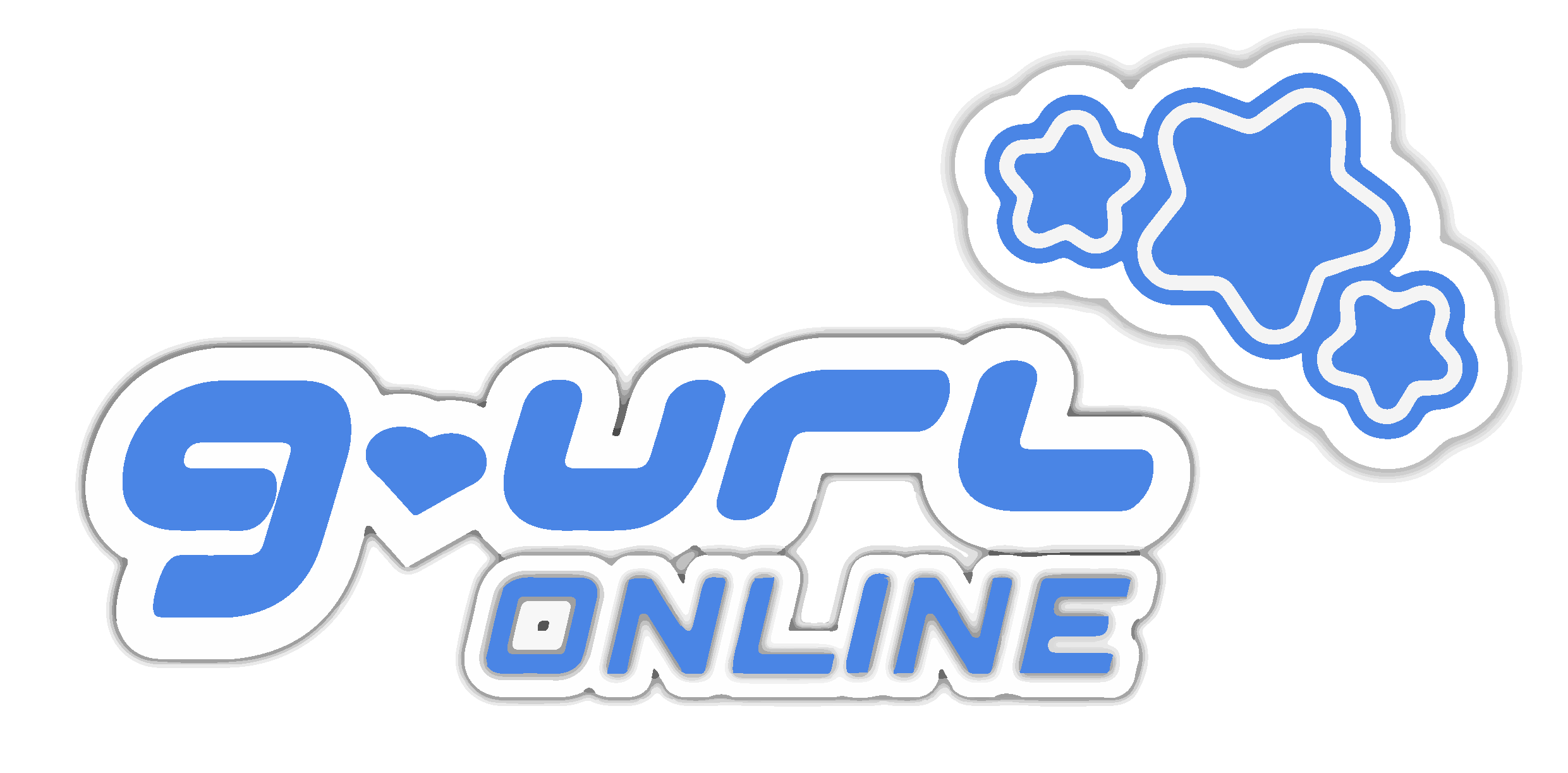
Enjoyed this story? Support independent gaming and online news by purchasing the latest issue of G.URL. Unlock exclusive content, interviews, and features that celebrate feminine creatives. Get your copy of the physical or digital magazine today!

